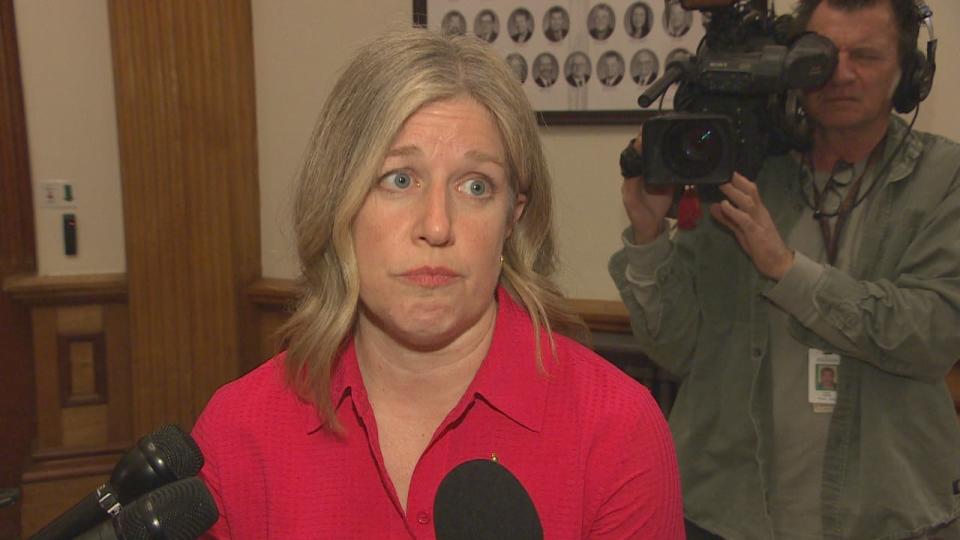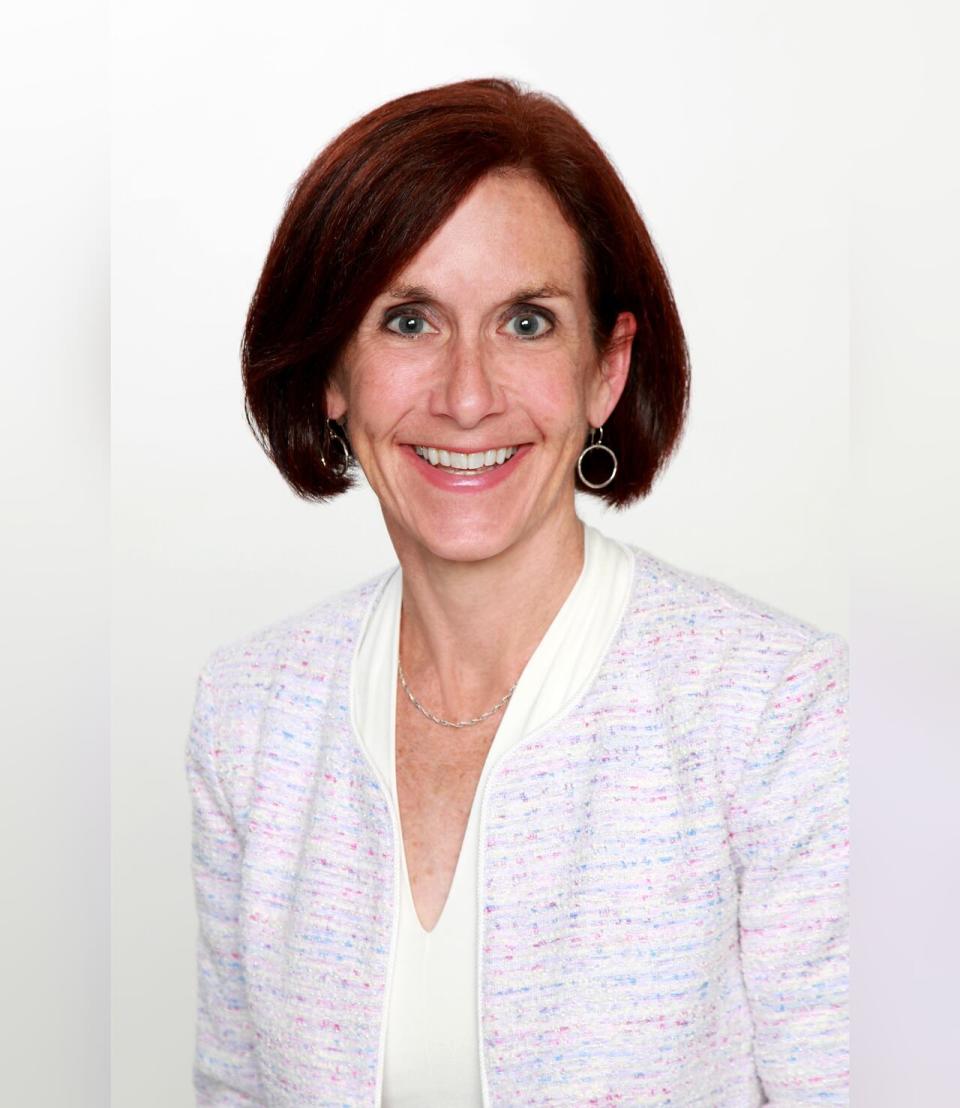Only 79% in N.B. have access to permanent primary-care provider, survey finds
The percentage of New Brunswickers who report having a permanent family doctor or nurse practitioner dropped to 79 per cent last year, from 85 per cent the year before, according to the New Brunswick Health Council's latest survey on primary care.
Timely access to care also continues to be a problem, said chief executive officer Stéphane Robichaud. Only about 31 per cent of the more than 5,000 New Brunswick adults surveyed said they could get an appointment with their primary care provider within five days, compared to 34 per cent in 2022.
As a result, 69 per cent of those with a primary care provider resorted to using other services, such as emergency departments (29 per cent), after-hour or walk-in clinics (23 per cent), or eVisitNB (17 per cent) because they faced waits of three to six weeks for an appointment.
This contributes to fragmented use of primary care and affects continuity of care, which is particularly problematic for people with chronic conditions, such as hypertension or diabetes, said Robichaud.
"What we're finding is about one in four New Brunswickers has three or more of those conditions. So when you're in those situations where you end up going to all those various clinics, you can't see your primary provider on a regular basis, your ability to manage that condition is not very good.
"And in fact only one in three people say they're very confident in managing their chronic condition."

This can lead to developing other types of conditions, he said, and to situations where people require hospitalization.
Robichaud believes the aging workforce and retirements have contributed to the problems, along with immigration and the growing population.
Doctors and nurse practitioners also report an increase in complicated cases, which require more time, leaving them with less time for other patients, he said.
The Edmundston region, Zone 4, has the lowest proportion of citizens who report having a primary care provider, at 64 per cent, while the Miramichi region, Zone 7, has the highest at 95 per cent, and is the only region that saw an increase from 2022, when it was about 90 per cent.
Meanwhile, the Miramichi region saw the biggest drop in timely access, with only 30 per cent able to get an appointment within five days, down from 45 per cent in 2022. People in the Campbellton region report having the worst timely access, at 24 per cent, while those in the Bathurst region, Zone 6, have the best, at 42 per cent.
'Really concerning'
Liberal Leader Susan Holt said the data from the health council matches what her party hears from New Brunswickers — "that they can't access the care they need, where and when they need it."
"The report … makes clear what New Brunswickers already know, and that is that health care in New Brunswick is getting worse," with more people without primary care and more people waiting longer to access primary care, she said.
It's "really concerning," said Holt. "I mean, we were once in the 90s and we're now down into the 70s. And in one region, I think it's as low as 64 per cent of people have access to primary care, when we know that getting primary care is the best preventer of finding yourself in the ER and in hospital."

Although the Higgs government recently released its long-awaited primary health care action plan, which centres around creating incentives for health-care providers to join team-based practices under the Family Medicine New Brunswick model, Holt calls it "too little, too late." She notes the Tories have been in power for six years.
The government needs to proceed with urgency and start listening to doctors and nurses, who are telling them what they need for new practice models to work, said Holt.
"The doctors … have made very clear what they're looking for in order for this to work. They need a reduced administrative burden, they need a different compensation model. We need to support how the teamwork can flow between nurse practitioners, RNs, family medicine, other professionals in the system like physiotherapists and pharmacists."
Need to get serious about investing
The New Brunswick Medical Society submitted a proposal in November for short-term stabilization investments for family practices, said president Dr. Paula Keating.
"Family physicians are not immune to inflation and market pressures, and operating a community family practice is currently less profitable than any other field of family or specialty medicine," she said in an emailed statement.
Help has yet to come, however, and doctors are leaving their practices, while new graduates are choosing other specialties or setting up practice elsewhere, Keating said.

"In order to transform primary care, New Brunswick will need to catch up to the rest of the country and the world in being serious about investing in the remuneration, structures, spaces, operations and teams required to support team-based primary care," she said.
Focused on providing easier, more timely access
Department spokesperson Sean Hatchard said they're still reviewing the health council's survey results and welcome the extra data.
"The department is focused on providing New Brunswickers with easier and more timely access to the primary care services they need," he said in an emailed statement.
In addition to trying to increase the uptake of team-based practices, the government has also implemented some short-term solutions, such as N.B. Health Link, said Hatchard. This provides people with access to a network of family doctors and nurse practitioners while they wait to be matched with a permanent provider.
About 59,000 people have registered so far and roughly 7,600 of them have secured a permanent care provider, he said.
The province has also hired 118 physicians, for a net increase of 47 in 2023-24.
Should clarify authority
Robichaud contends the province needs to clarify authority around managing primary care because sometimes there are initiatives managed by the Department of Health, while others are managed by other groups, such as the New Brunswick Medical Society
There needs to be one clear body, he said, "because in absence of that, what's happening is, over the last various political cycles, we've had many initiatives announced and which lead us today to sort of a sum-of-parts type of sector and we need to have a much better co-ordinated sector."

